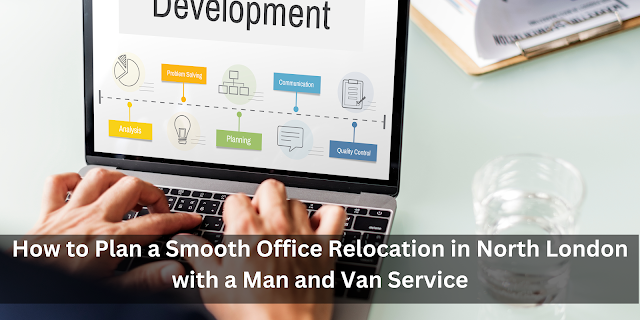Choosing the Right Bespoke CRM Development Stack for Your Custom Solution
In today's business landscape, Customer Relationship Management (CRM) systems have become indispensable tools for organizations of all sizes. They not only help in managing customer data but also enable businesses to streamline their operations, enhance customer engagement, and drive growth. However, choosing the right bespoke CRM development stack for your custom solution can be a daunting task. In this article, we will explore the key considerations and steps to ensure you make an informed decision that aligns perfectly with your business needs.
1. Understanding Your Business Needs
Before diving into the sea of CRM options, it's crucial to have a clear understanding of your business requirements. Are you primarily dealing with sales, marketing, customer support, or a combination of these functions? What are your growth projections, and how many users will be using the CRM system? Answering these questions will guide your CRM selection process.
2. Assessing Integration Requirements
Your CRM should seamlessly integrate with your existing software stack. Whether it's connecting with your email platform, e-commerce system, or other business-critical tools, assess the compatibility and ease of integration before making a choice.
3. Scalability and Future-Proofing
A CRM system is a long-term investment. Ensure that the chosen CRM technology stack can scale alongside your business growth. Look for features and functionalities that can adapt to your evolving needs.
4. Data Security and Compliance
Protecting customer data is non-negotiable. Ensure the CRM solution complies with data protection regulations and provides robust security measures to safeguard sensitive information.
5. User-Friendly Interface
A user-friendly interface is essential for user adoption. Choose a CRM system that offers an intuitive and easy-to-navigate interface to minimize the learning curve.
6. Mobile Accessibility
In today's mobile-driven world, your CRM should be accessible on mobile devices. This enables your sales and support teams to stay productive while on the go.
7. Customization and Flexibility
Every business has unique processes. Select a CRM stack that allows for extensive customization to tailor the system to your specific needs.
8. Automation and Workflow Management
Efficiency is key. Look for CRM solutions that offer automation capabilities and streamlined workflow management to boost productivity.
9. Analytics and Reporting
Data-driven decision-making is vital. Your CRM should provide robust analytics and reporting tools to track key performance metrics.
10. Cost Considerations
Understand the pricing structure of the CRM system, including licensing, subscription fees, and any hidden costs. Ensure it fits your budget.
11. Vendor Reputation and Support
Research the CRM vendor's reputation. Read customer reviews and assess their customer support services. A reliable vendor can make a significant difference in your CRM experience.
12. User Training and Adoption
Invest in proper training to ensure that your team can effectively use the CRM system. User adoption is critical for the success of the CRM implementation.
13. Feedback Mechanisms
Choose a CRM that allows for user feedback and improvements. A system that evolves based on user input can better align with your changing needs.
14. Performance and Speed
Ensure that the CRM technology stack offers good performance and speed. Slow systems can hamper productivity and frustrate users.
15. Selecting the Right CRM Stack
After considering all the above factors, it's time to make your selection. Choose the CRM technology stack that best aligns with your business needs and long-term goals.
Conclusion
Selecting the right CRM technology stack is a crucial decision for any organization. By thoroughly assessing your business needs, integration requirements, and other key factors, you can make an informed choice that sets your business up for success. Remember that a well-chosen CRM can significantly impact customer relationships and overall efficiency.
FAQs
What is a CRM technology stack?
A CRM technology stack refers to the combination of software, tools, and technologies used to build and operate a CRM system.
Why is data security important in CRM selection?
Data security is essential to protect sensitive customer information and ensure compliance with data protection regulations.
How can I ensure user adoption of the CRM system?
Proper user training, an intuitive interface, and involving users in the selection process can boost CRM adoption.
What is the role of automation in CRM systems?
Automation streamlines repetitive tasks, improves efficiency, and enhances the customer experience in CRM systems.
Can a CRM system be customized to fit unique business processes?
Yes, many CRM systems offer extensive customization options to adapt to specific business needs.
.png)
.png)
Comments
Post a Comment